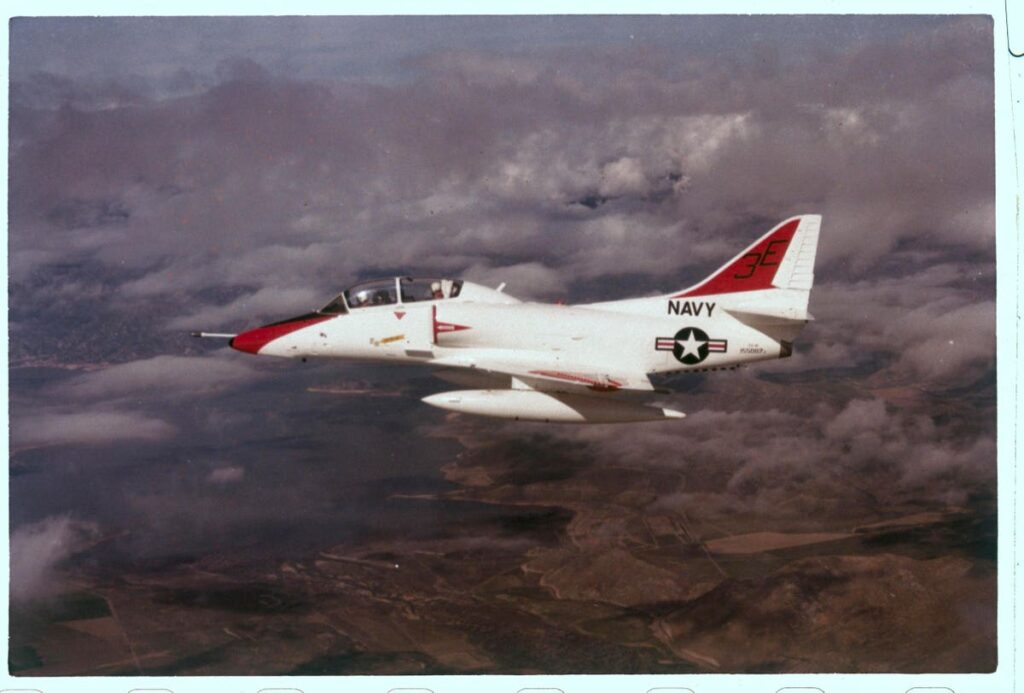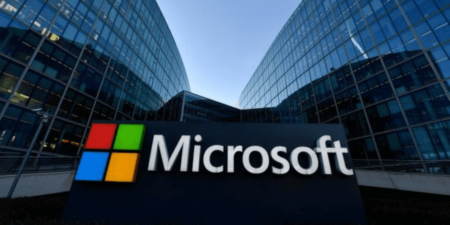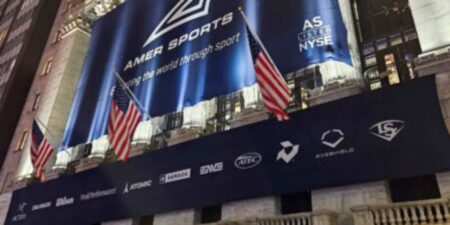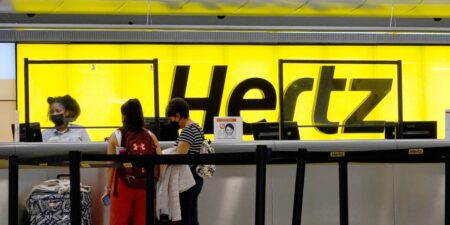The harsh market climate of August and September has left quite a few stocks selling for what I consider bargain prices.
Welcome to the 82nd quarterly Casualty List, featuring stocks that have been knocked around and that I think have the potential to recover and thrive.
RTX
I’ll start with RTX (RTX), formerly known as Raytheon Technologies. It’s a large conglomerate, best known for making missiles, drones, satellites and Pratt & Whitney jet engines. A costly recall on the jet engines sent the stock spinning for a 27% loss in the third quarter.
One of my mantras as an investor is to buy stock in good companies on bad news that is real but temporary. I think that’s exactly the case with RTX. Pratt & Whitney has a good reputation in the aerospace industry, and I anticipate it will be back on its feet in a year or so.
Meanwhile, the stock is selling for 1.45 times book value (corporate net worth per share), compared to a ten-year average of 1.94.
I like the defense sector, which generates roughly half of Raytheon’s revenue. Congress is trying to cut spending, but I don’t see how it can chop defense spending much, given the high level of tensions between the U.S. and China, Russia, North Korea and Iran.
Timken
TKR
TKR
All sorts of machines use bearings, and Timken has been making them since 1899. It also makes automatic lubrication systems, couplings and universal joints, transmissions, brakes and clutches.
The company has a large presence in India and sales to Indian Railways accounted for 17% of the company’s revenue in 2022. It also supplies parts for the Mars rover and offshore wind turbines.
The stock fell more than 20% in the third quarter. In August, Timken announced that it earned $2.01 cent per share in the second quarter, eight cents shy of analysts’ consensus.
I think that traders put too much emphasis on whether companies beat consensus or not. Timken has grown its earnings at better than a 10% annual clip the past ten years. With the stock selling at 12 times earnings, I think it’s a good value.
Amkor Technology
AMKR
AMKR
Shares of Amkor dropped more than 22% in the quarter. The stock had been near $30 in July, but the company did a secondary stock offering of 10 million shares in September at $24. Price at the end of September: $22.60.
The sellers in the September offering were an investment vehicle for the family of James Kim, Amkor’s founder. Even after this sale, the family and its affiliates own a majority of Amkor’s stock.
Based in Tempe, Arizona, Amkor provides chip testing and packaging for semiconductor manufacturers. Few Wall Street firms cover the stock, and only one (D.A. Davidson) ventures a price target. The target is $36 within a year.
The shares trade at eight times recent earnings, but the semiconductor equipment industry is volatile. I like the stock, but be prepared for a bumpy ride.
SeaWorld Entertainment
As a speculation, I think SeaWorld Entertainment (SEAS) looks intriguing. The company had a close brush with bankruptcy during (but not totally because of) the pandemic. Now its revenue is above pre-pandemic levels and it has been profitable for two and a half years.
Shares fell almost 20% in the third quarter, mostly because of a decline in attendance at its parks that the company blamed on extra-hot weather. Revenue was up but profits were down, partly because the SeaWorld ran various promotions in an attempt to boost attendance.
The shares sell for 12 times recent earnings, and only eight times the earnings that analysts project for next year.
Performance
This is the 82nd quarterly Casualty List I’ve compiled. One-year performance can be calculated for 78 lists and it has averaged 15.3%. That handily beats the 10.4% average for the Standard & Poor’s 500 Total Return index over the same periods.
My Casualty List recommendations have been profitable 50 times and have beaten the S&P 39 times.
Bear in mind that my column results are hypothetical and shouldn’t be confused with results I obtain for clients. Also, past performance doesn’t predict the future.
My list from one year ago gained only 4% while the index advanced 16.6% from October 3, 2022 through September 29, 2023. Losses in Tyson Foods
TSN
The bright spots were Intel
INTC
WDC
Disclosure: A hedge fund I run owns Amkor common stock and call options on Intel and RTX.
John Dorfman is chairman of Dorfman Value Investments in Boston, Massachusetts. His firm or clients may own or trade the stocks discussed here. He can be reached at [email protected].
Read the full article here













